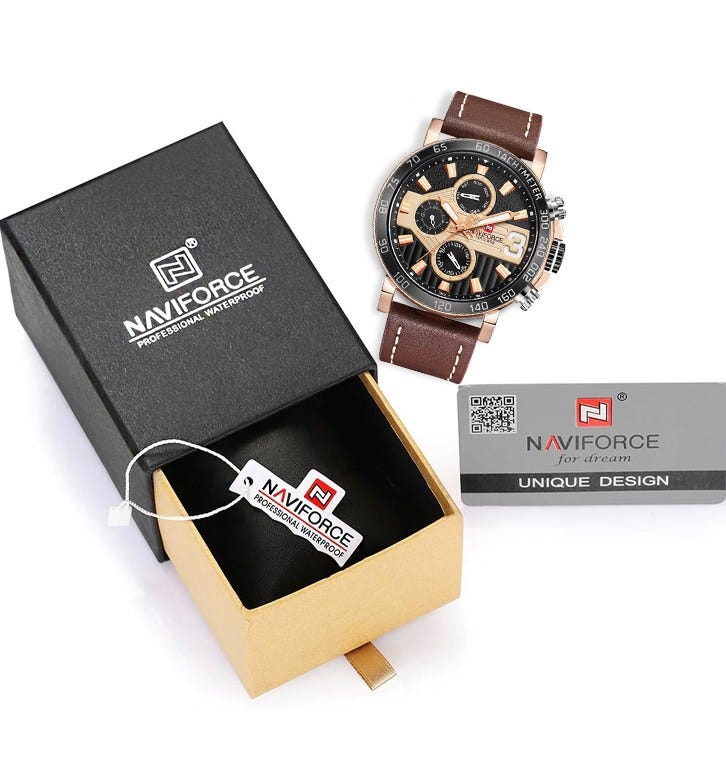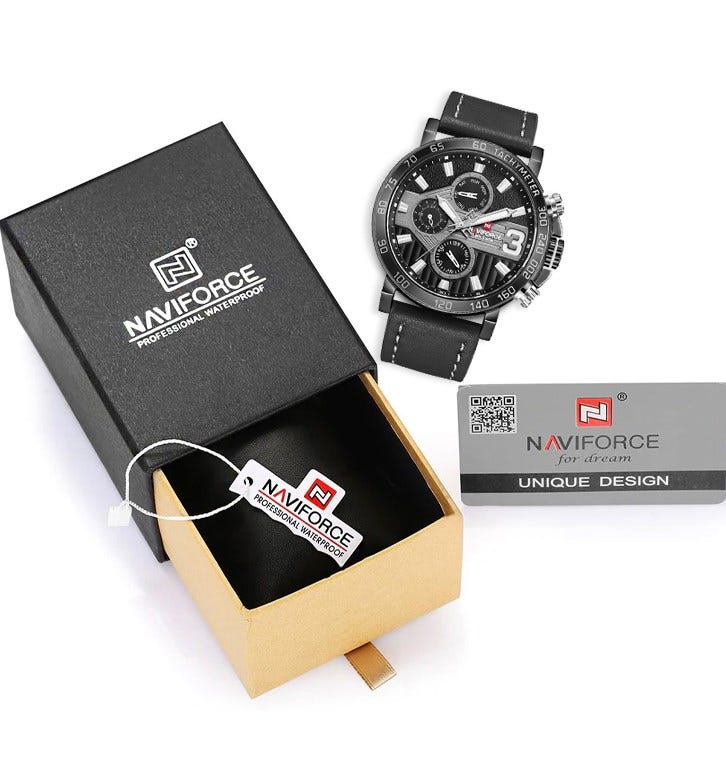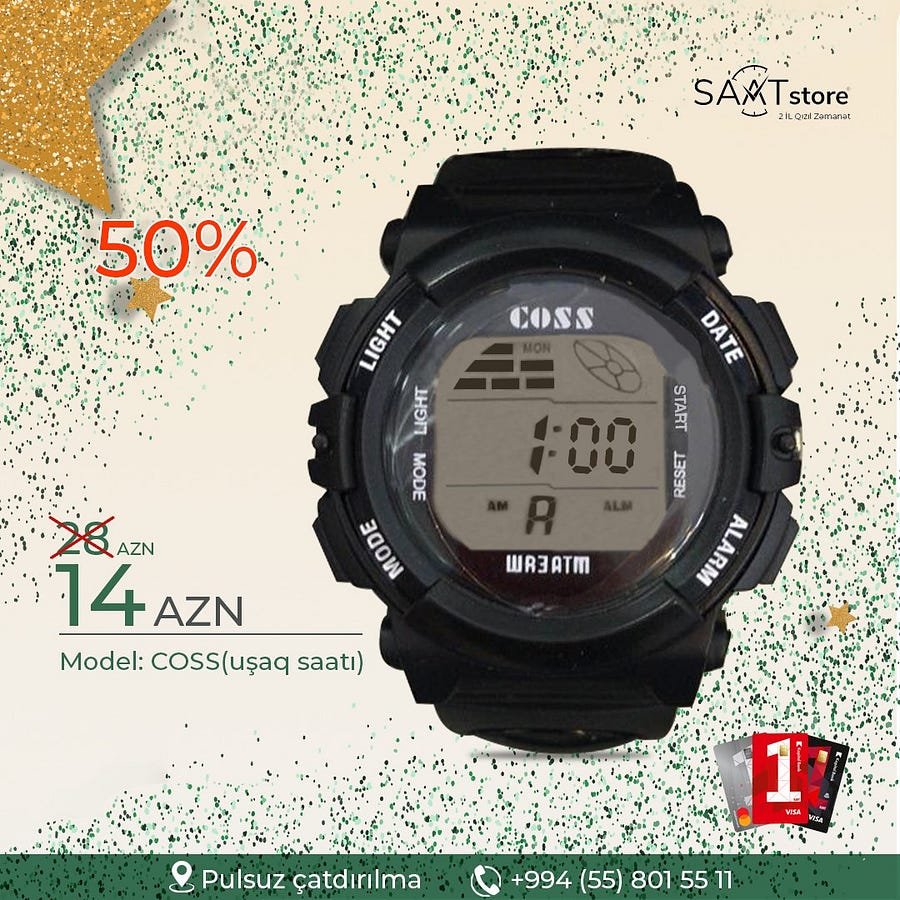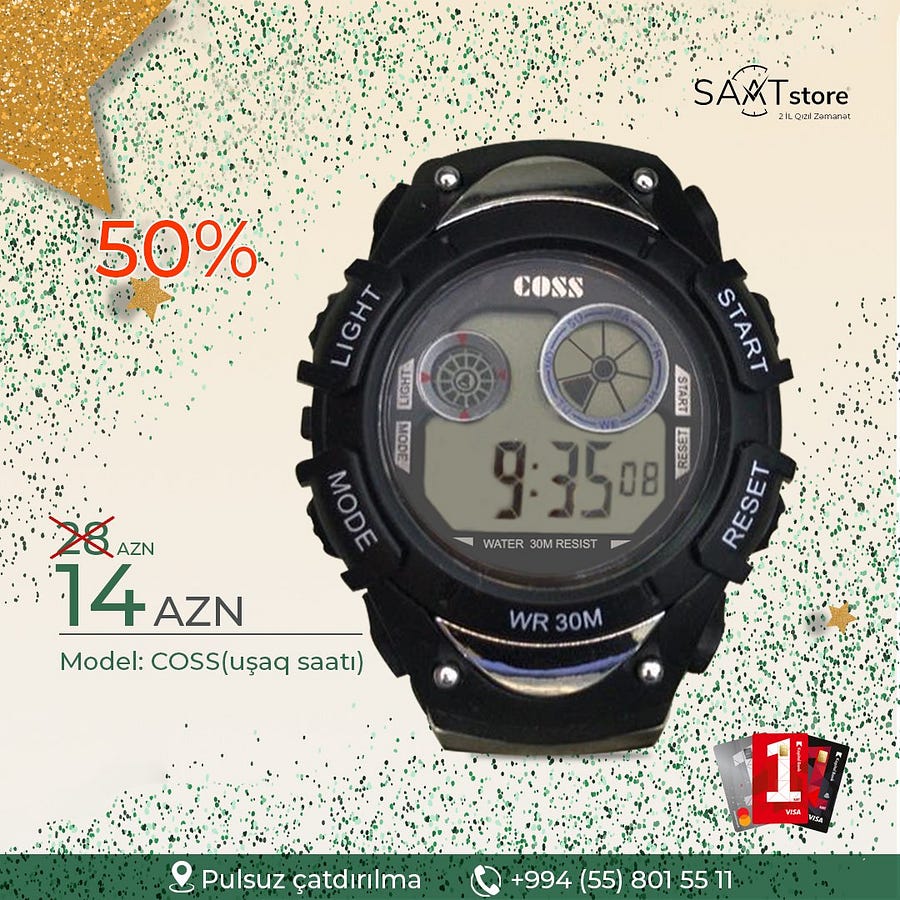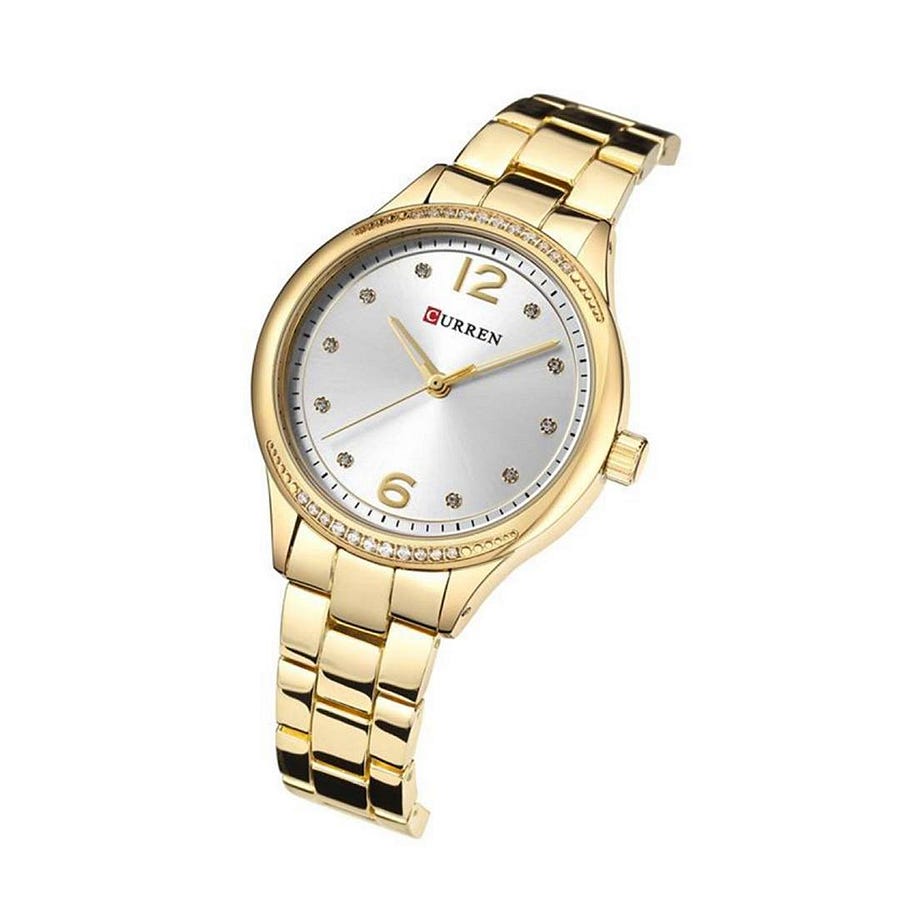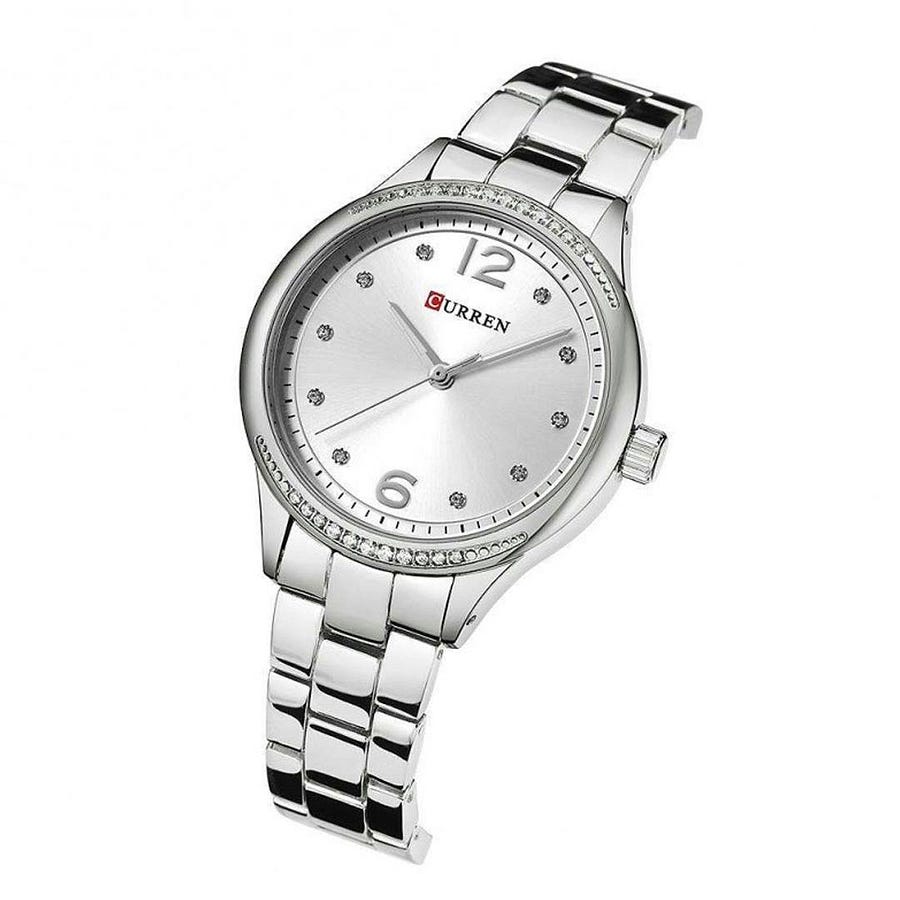If you’re here reading this, you’re probably a writer… or at least an aspiring one.
How cool would it be to get paid to write about writing? And yes, you really can find high-paying freelance writing jobs on this subject.
I bet you know a thing or two (or a few hundred) about writing. How you got your first client, what you do when your brain just won’t give you words, what you do when you have a TON of writing to do plus life, or how you built a waitlist for your writing skills.
You can get paid to write articles for online magazines and blogs about the craft of writing, the business of writing, and even the mental challenges of being a writer.
Do Writing Blogs Pay Writers Well?
You can find jobs starting at $50 and going up to $1000 in this list. How much you make depends on the subject, the length of the article, and how well they know you (because… yeah, your reputation can get you more money).
Pitch them an idea they can’t resist and you can negotiate a nice rate for your writing.
For example, if the blog is focused on the business of writing and how to get clients, they’ll be way more interested in a case study on how you signed 5 clients in one month as a beginner writer with no experience using tips you found on that very blog — and way less interested in your personal story of how your seventh grade teacher inspired you to write poetry.
And once you’ve written for a writing blog, you’ll have a better chance of getting another “yes” in the future (plus you can ask for more money).
Where Can I Find Freelance Writing Jobs About Writing?
You can definitely head to Google or hit a bunch of writing job boards to find jobs posted by websites focused on writing. But we’ve got a pretty solid list here of sites that accept (and actively encourage) pitches for paid writing gigs.
Pick a site on this list and go have a look at what they’ve already got on their blog.
Come up with a few ideas that fit their style and subject focus (and follow their guidelines like it’s a sacred text). And send it off. Just remember not to send the exact same idea to more than one website at a time, unless you can write completely different articles about the same subject.
Every now and then we hold a contest called in which entrants pitch their ideas publicly and get feedback from us. Then we invite the person with the best idea to write their post for us and get paid. We’re looking for detailed, helpful posts on freelance blogging topics.
Homepage:
Contributor info:
Pay: $100+ for Pitchfest winners, smaller prizes for runners-up.
Contributor byline: Yes.
Contributor bio: Yes, one or two sentences with hyperlinks.
Hope Clark’s Funds for Writers focuses on dishing out tips for writers (on how to make a living writing, not how to write) in a fast, friendly way. Articles are 550–650 words, reprints considered, and a dash of humor is encouraged. Funds for Writers has a long lead time, so your article may wait 6 months or more to get published.
Homepage:
Contributor info:
Pay: $60 via PayPal for original, unpublished articles. Also pays $20 for reprints of published articles.
Contributor byline: Yes.
Contributor bio: Yes, a short bio with one link to your website.
One of the top blogs for freelance writers. Read the guest guidelines, then pitch a post highlighting practical freelance writing advice you’ve gained from experience. Note that Carol favors submissions from current or former members of her or Jon Morrow’s community (Sophie’s an affiliate of both groups and recommends them to new or developing writers).
Homepage:
Contributor info: :
Pay: From $75 for 500 words up to $150 for longer posts on pre-agreed topics.
Contributor byline: Yes.
Contributor bio: Yes, a few lines with hyperlinks.
By women writers for women writers, this blog covers everything related to writing, reading, publishing, and agents. WOW buys most of its content from freelance writers, so if you’ve got writing-related ideas to share, send them your query in the body of an email (no attachments). Payment is via PayPal only.
Homepage:
Contributor info:
Pay: $50 to $75+ for an article of 1000–3000 words.
Contributor byline: Yes.
Contributor bio: Yes, a fairly-large bio with several links.
This website and email newsletter is for professional writers, publishing articles on how to make a living writing. They welcome contributions on all topics related to the writing business, including success stories. Writers Weekly also pays $20 to $40 for “reprint” rights to previously published articles. Payment is on acceptance, via PayPal only.
Homepage:
Contributor info:
Pay: $60 for 600-word feature or marketing secrets articles.
Contributor byline: Yes.
Contributor bio: Yes, several sentences with hyperlinks.
Craft Your Content is a little more focused on the inner work needed to be a professional writer. You can write about productivity and entrepreneurship too as long as it relates to getting your writing done. But think in terms of what your struggles are on the subject and how you get over them.
Homepage:
Contributor info:
Pay: $75–150 per article with typical posts of 1500–2500 words.
Contributor byline: Yes
Contributor bio: Yes, several sentences with hyperlinks.
The Barefoot Writer is a part of AWAI (American Writers and Artists Inc) and publishes articles that help aspiring and professional writers become better. Tools, productivity, motivation, how to find clients, and how to write well are all good topics for this online magazine. They’re even interested in personal essays related to your writing experiences.
Homepage:
Contributor info:
Pay: $100–300 for articles for 400–900 word articles (depending on which section of the publication).
Contributor byline: Yes
Contributor bio: Yes, on a separate page. We didn’t see any links in bios, so you’ll need to check this.
Copyhackers is interested in everything that gets people to raise their hand, say yes, sign up for that email list or even push the hallowed buy button. Or as some of us like to call it, copywriting. They want first-hand personal stories over anything else. So get ready to talk about what you did (and not some boring tips for how to do X).
Homepage:
Contributor info:
Pay: $300–1000 for 2000+ word articles
Contributor byline: Yes
Contributor bio: Yes, although your links (website and social media) are in the byline.
This List Needs YOUR Help!
Have you written for one of these blogs? Will you tell us about your experience?
Or do you know of another blog that pays at least $50 per post on writing-related topics?
If you’ve got a tip about a blog that pays writers $50+, please send it to me in exchange for our undying gratitude — thank you for your service.

source
https://medium.com/@klinkerbud/freelance-blogging-jobs-that-pay-write-for-writing-blogs-d259879b5f5f?source=rss-8a287f9546ea------2



































































































